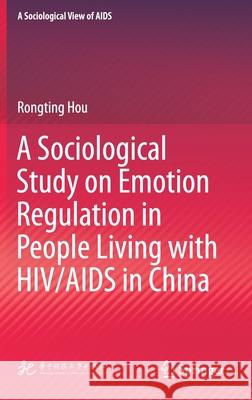A Sociological Study on Emotion Regulation in People Living with Hiv/AIDS in China » książka
topmenu
A Sociological Study on Emotion Regulation in People Living with Hiv/AIDS in China
ISBN-13: 9789811614934 / Angielski / Twarda / 2021 / 178 str.
A Sociological Study on Emotion Regulation in People Living with Hiv/AIDS in China
ISBN-13: 9789811614934 / Angielski / Twarda / 2021 / 178 str.
cena 684,33
(netto: 651,74 VAT: 5%)
Najniższa cena z 30 dni: 655,41
(netto: 651,74 VAT: 5%)
Najniższa cena z 30 dni: 655,41
Termin realizacji zamówienia:
ok. 16-18 dni roboczych.
ok. 16-18 dni roboczych.
Darmowa dostawa!
Kategorie:
Kategorie BISAC:
Wydawca:
Springer
Seria wydawnicza:
Język:
Angielski
ISBN-13:
9789811614934
Rok wydania:
2021
Wydanie:
2021
Numer serii:
001202890
Ilość stron:
178
Waga:
0.45 kg
Wymiary:
23.39 x 15.6 x 1.27
Oprawa:
Twarda
Wolumenów:
01
Dodatkowe informacje:
Bibliografia
Wydanie ilustrowane
Wydanie ilustrowane











